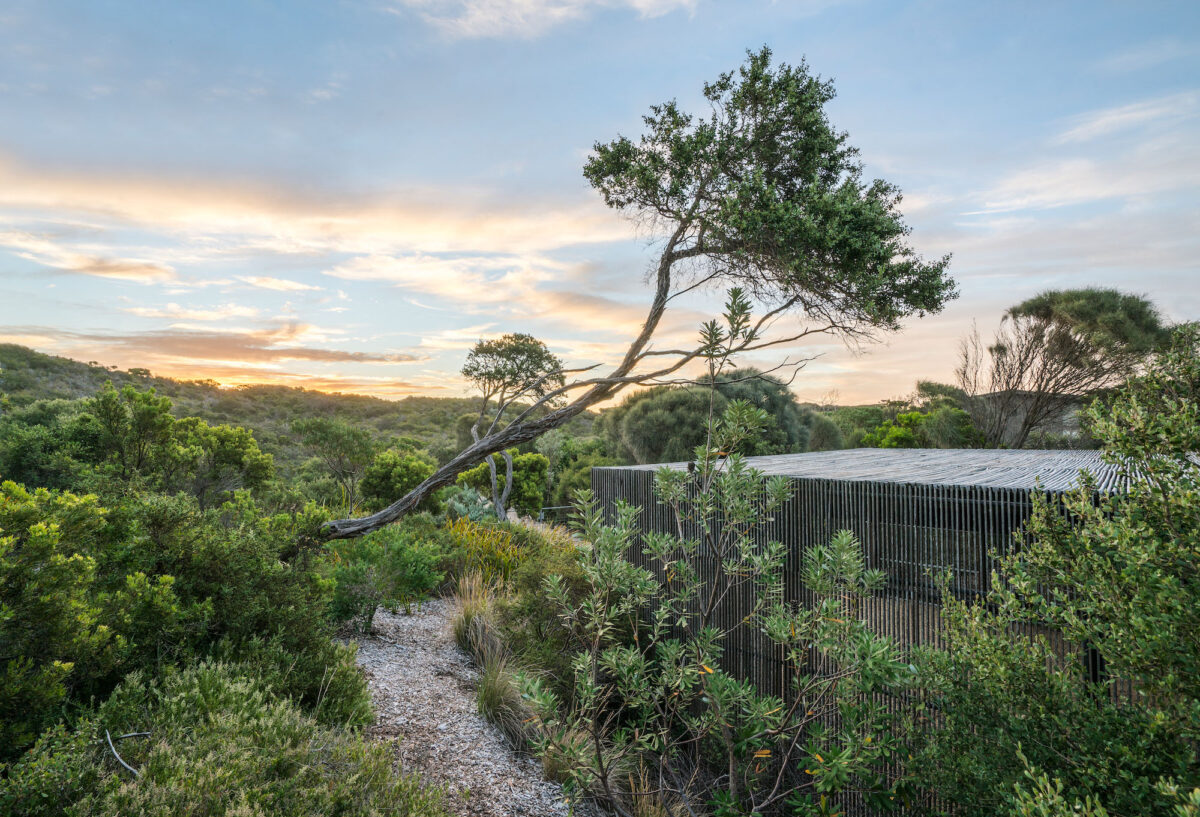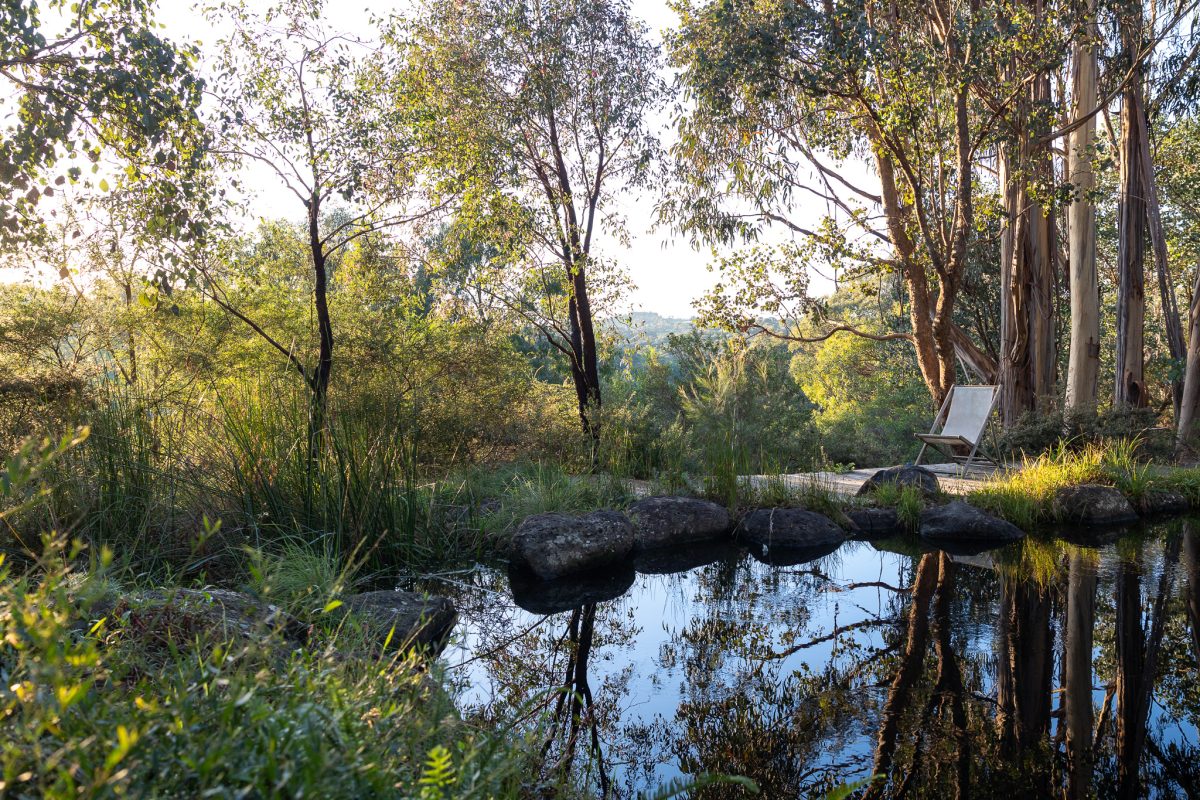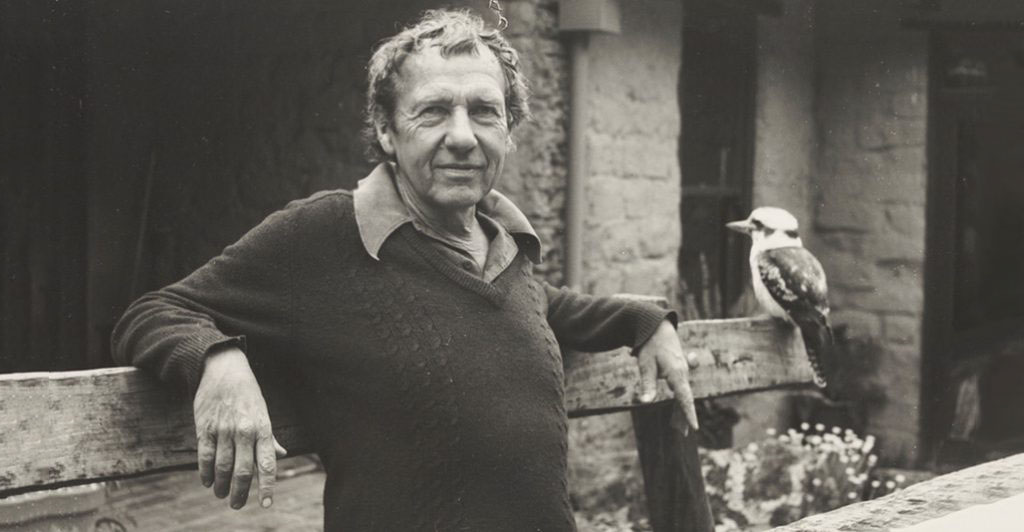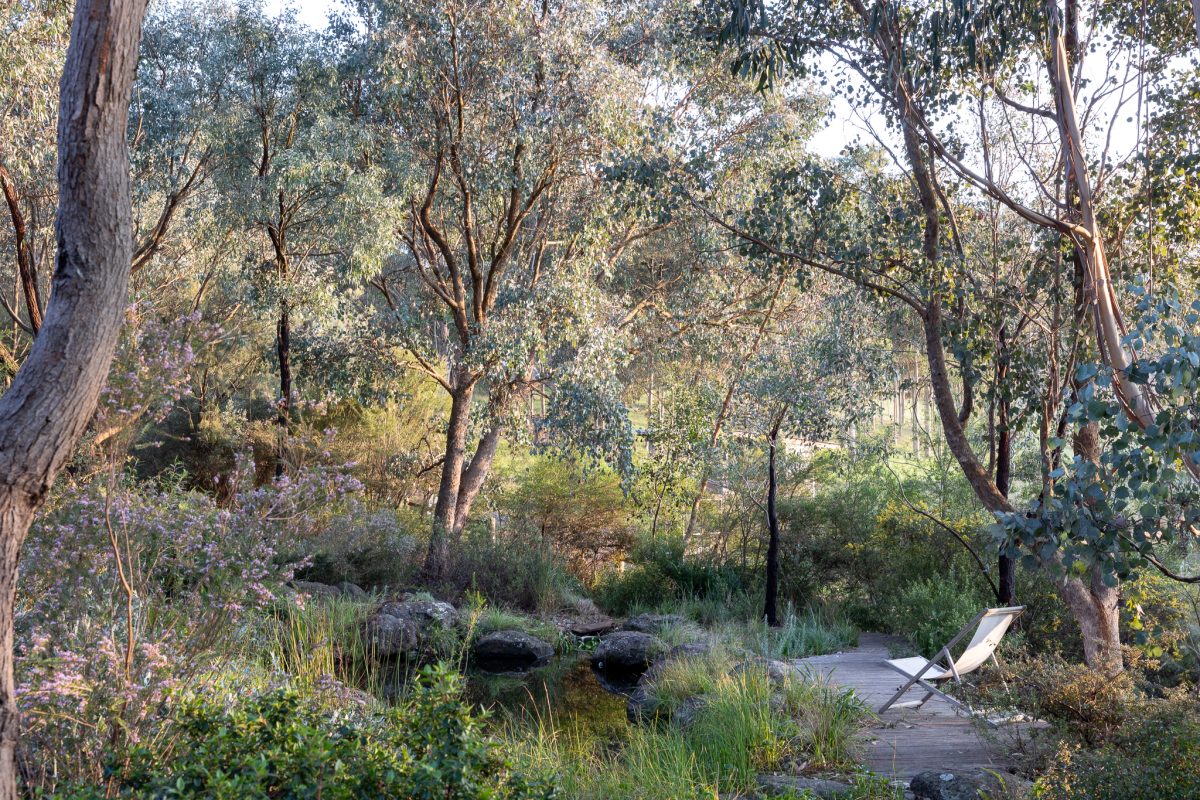Sam Cox talks with Foreground

Landscape designer Sam Cox talks with Foreground about the legacy of his mentor the late Gordon Ford and the enduring relevance of ‘landscape naturalism’ in the era of climate change.
As the Australian linguist Don Watson notes in his Weasel Words blog, “‘towards a transformed sustainable future’ means…. whatever you would like it to mean – that’s what makes sustainability such a great word.” Weasel Word or no, ‘sustainability’ isn’t part of Melbourne-based landscape designer Sam Cox’s vernacular: “No, I don’t like the word sustainability,” he says. “Native gardens necessarily are very resilient and obviously indigenous plantings are very resilient. I’d rather consider that as being an important element of the discourse.”
Cox will be speaking at the 2018 Australian Landscape Conference, staged in tandem with the Melbourne International Flower and Garden Show. Having been practicing for 17 years, the ‘landscape naturalist’ will explore the particularities of this approach to landscape design, and how it can be applied to the courtyard or quarter-acre block… continue reading…
Published 15th March 2018

Sam Cox’s Wattle Glen Garden Opening in November 2023
When our garden opened in spring, 2016, it had endured some of the toughest drought years this area has known. It was a period of transition and renewal where many of the original plantings were no longer coping with the changed conditions. Some areas had been replanted but they were yet to reestablish. Since then, better-than-average rainfall and a run of mild summers have benefitted the garden immensely. We are so pleased to be opening again, seven years later as the garden has matured and come into its own.

Atlas of memory: Gordon Ford’s natural Australian garden
With a career spanning six decades, Gordon Ford was a grand master of the Australian natural garden. Briony Downes looks at the key elements of his practice and how a new exhibition sheds light on his enduring legacy.

Sam chats with Jonathan Green on ABC Radio National
Tune in to my conversation with Jonathan Green on Blueprint for Living. Jonathan came to visit our garden on a cold day in winter... and we chatted about Gordon Ford, naturalistic design, creating habitat with understory and other topics.